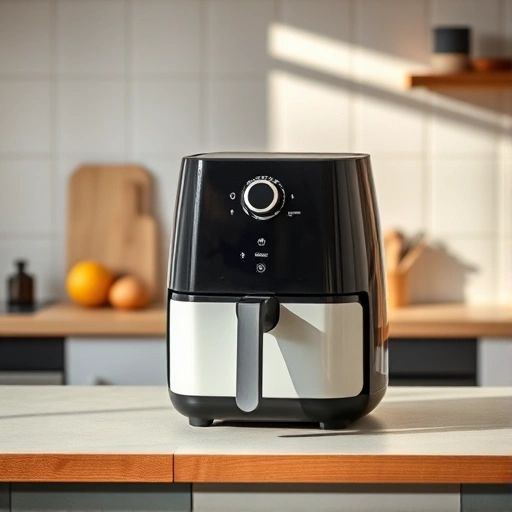
5 tablespoons of lemon juice equals approximately 75 grams. This conversion is essential for air fryer recipes where precision ensures perfect results. Whether you're marinating chicken, dressing vegetables, or baking a citrusy dessert, knowing the exact weight helps avoid over or under-seasoning. At airfryerrecipe.co.uk, we focus on making measurements simple so your dishes turn out flawless every time.
Converting 5 tbsp of lemon juice to grams ensures consistency in your cooking. Tablespoons can vary slightly in volume depending on how you fill them, but grams provide an exact weight. This is especially useful for air fryer recipes, where even small imbalances in liquid ingredients can affect texture and cooking times. For example, a marinade with too much lemon juice might over-tenderise meat, while too little could leave it bland. Our air fryer conversion chart simplifies these calculations for hassle-free cooking.
Lemon juice is a staple in many dishes, from crispy air-fried potatoes to succulent seafood. Knowing that 5 tbsp of lemon juice is roughly 75 grams helps streamline meal prep. If you’re experimenting with new recipes, precise measurements ensure repeatable success. Check out our recipes section for inspiration on how to use lemon juice in your air fryer creations.
For the most accurate conversion of 5 tbsp lemon juice to grams, use a digital kitchen scale. Pour the juice directly into a measuring cup placed on the scale, reset to zero, and note the weight. If you don’t have a scale, remember that 1 tbsp of lemon juice weighs about 15 grams. This rule of thumb works for most recipes, though freshly squeezed juice may vary slightly in density.
Five tablespoons of lemon juice (or 75 grams) is a versatile quantity in air fryer cooking. It’s perfect for marinating chicken breasts, adding brightness to roasted vegetables, or creating a tangy glaze for salmon. At chicken recipes, you’ll find dishes where this measurement shines, like lemon-herb air-fried chicken. The acidity also helps tenderise meats while adding a refreshing zing.
For desserts, 5 tbsp of lemon juice can elevate cakes, cookies, or even a citrusy drizzle for air-fried doughnuts. If you’re cooking for a crowd, scale up the measurement proportionally—just multiply the grams accordingly. Need more ideas? Our dessert category features plenty of lemony treats to try.
Bottled and fresh lemon juice can differ slightly in acidity and density. If using bottled juice, check the label—some brands may have added water or preservatives, altering the weight. For consistent results, stick to freshly squeezed juice when possible. A medium lemon yields about 2–3 tbsp (30–45 grams), so you’ll need roughly 2 lemons for 5 tbsp.
If you’ve measured out 5 tbsp of lemon juice but only used half, store the rest properly to maintain freshness. Transfer it to an airtight container and refrigerate for up to a week. For longer storage, freeze the juice in ice cube trays—each cube holds about 1 tbsp (15 grams), making future recipes a breeze. After handling citrus, don’t forget to clean your air fryer basket with our recommended air fryer cleaner to prevent sticky residue.
Leftover lemon juice can also be used to deglaze your air fryer after cooking meats or to add a burst of flavour to reheated dishes. For more creative uses, browse our vegetable recipes, where lemon juice often plays a starring role.